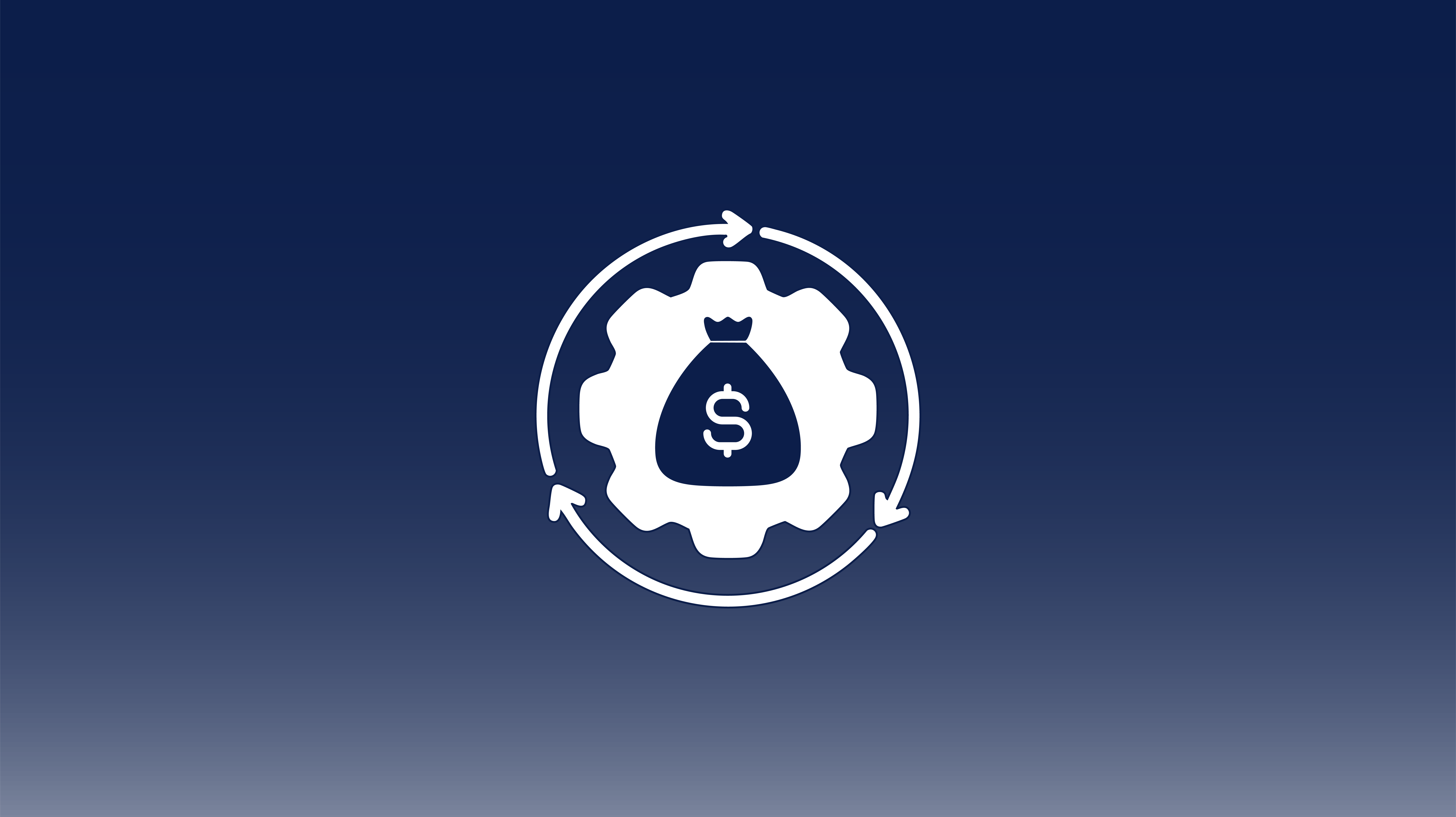Automated Accounts Receivable Programs: Cutting DSO by 30% in Six Months
In today’s economy, speed to cash is as important as speed to market. Companies that let receivables linger for 60, 75, or even 90 days are putting...
5 min read
March 11 2025
by
![]() Chris Cosgrove
Chris Cosgrove

Vendor payments in auto dealerships, by and large, have been governed by manual processes involving keying paper invoices into accounting systems, matching paper statements for approval, and issuing paper checks. These work tasks aren't just slow, they're prone to errors and put auto dealerships at risk for security threats and fraud.
Accounts payable automation is designed to eliminate these types of inefficiencies found in manual accounts payable processes. As far as vendor payments, this can mean the elimination of paper check issuance, higher accuracy, and faster payments—plus opportunities to earn valuable cash rebates on spend.
For many auto dealerships, AP processes remain largely manual, from end to end. Dealerships still receive a significant number of paper invoices from their vendors, which are then entered manually into accounting systems by accounts payable (AP) staff.
After completing data entry, staff must match them with purchase orders and statements to ensure that the dollar amounts are correct and that there are no discrepancies elsewhere on the invoices. This manual reconciliation process typically involves multiple departments and layers of approval, which can be time-consuming and siloed.
Once AP staff approve invoices, they must issue paper checks to pay vendors, and this requires significant time preparing, signing, and mailing checks. With such slow processes, it's common to experience delays in payment and missed cash rebate opportunities.
Manual processes also increase the likelihood of payment errors, late fees, and fraud—all of which can impact an auto dealership's bottom line. With these types of challenges at hand, relying on outdated, manual processes no longer makes sense, especially when it comes to efficiency and maintaining strong relationships with vendors.
Approximately 35% of businesses have not automated any of their AP processes.
As an auto dealership evolves, there's going to be a growing need for more efficient and secure payment methods. To address these issues, it’s time to look at moving toward electronic payment methods, with the most common forms of electronic payments being ACH transfers followed by wire transfers and virtual credit cards.
Here are more details on the types of electronic payments available in AP:
While these electronic payment methods are more efficient than traditional paper checks, auto dealerships still face challenges with manual accounts payable processing. Switching from paper-based systems to digital solutions, however, can help dealerships mitigate their processing dilemmas—especially when an AP automation solution can integrate with a dealership’s DMS or accounting system.
Because of faster processing times, approximately 79% of vendors prefer digital payments,
such as wire transfers, ACH transactions, and virtual card payments.
Vendor payment automation is a way to eliminate the inefficiencies of manual accounts payable processes, offering auto dealerships a faster, more secure, and more cost-effective way to handle their vendor payments and avoid late payments. Through automation, dealership finance teams can replace paper-based systems with an end-to-end AP automation solution that integrates seamlessly with accounting systems.
At the core of vendor payment automation is the ability to process invoices, approve payments, and make payments automatically without the need for manual intervention. Automation reduces human error by validating data and ensuring that all required steps are followed before a payment is issued. It also allows for B2B payments to be made through methods like ACH transfers and virtual credit cards instead of paper checks.
In addition to speed and accuracy, automation provides real-time insights into accounts payable, allowing financial leaders to check payment status, track spending, manage cash flow better, and make informed decisions. Overall, by automating routine tasks, an AP team can focus on higher-value activities instead of spending time on repetitive tasks.
Despite the growing availability of faster and more secure payment methods, many auto dealerships continue to rely on manual payment processes to handle vendor payments. These manual workflows create a number of challenges for dealerships:
Manually processing invoices, matching them with purchase orders, and securing approval can take weeks, especially in a high-volume environment like an auto dealership. Overall, the manual tasks required to key invoices into accounting systems leads to inefficiencies, slowing down invoice processing and the entire payment cycle.
Mistakes are common in manual AP processes and human errors can lead to duplicated payments, missed invoices, or incorrect payment amounts. These errors are not only time-consuming to fix but can also make vendor management difficult and damage vendor relationships over time.
With paper-based workflows, financial leaders often struggle to get a clear, real-time view of the dealership's cash flow and outstanding payables. Invoices, approvals, and payment execution can become scattered across different departments, making it difficult to track the status of payments and pay their vendors on time.
Manual processes often rely on paper checks, which can be lost, stolen, or forged. These risks expose dealerships to fraud and unauthorized payments, potentially causing significant financial losses. Paper records are also vulnerable to data breaches and physical damage, adding another layer of security risk.
Vendors may offer early payment discounts or rebates for fast processing, but manual payment systems often miss these opportunities due to delayed payments. As a result, dealerships may pay more than necessary for products and services, leading to higher costs.
The Association for Financial Professionals stated in a 2024 report that 80% of organizations experienced
attempted or actual payment fraud in the past year.
Vendor payments in auto dealerships don’t have to be slow, error-prone, and fraught with security risks. By implementing accounts payable automation, dealerships can transform the accounts payable process into a faster, more efficient, and secure system that improves cash flow, reduces errors, and strengthens relationships with vendors. Automation offers the added benefit of earning cash rebates, optimizing payment schedules, and freeing up time for your finance team to focus on higher-priority tasks.
Ready to take your vendor payment process to the next level? Schedule a demo with CloudX today and see how our AP automation software can streamline your payments, reduce costs, and improve your dealership's financial operations. Let’s make accounts payable as efficient as your sales floor!

In today’s economy, speed to cash is as important as speed to market. Companies that let receivables linger for 60, 75, or even 90 days are putting...

Managing operational costs today often means balancing operational costs against tight margins, making it essential to join a group purchasing...